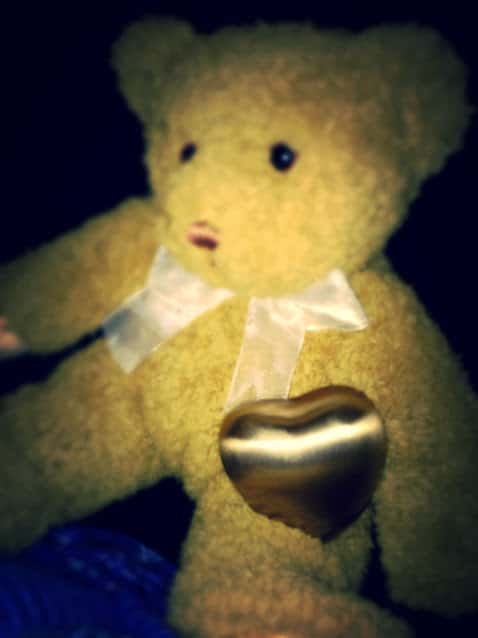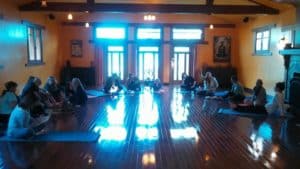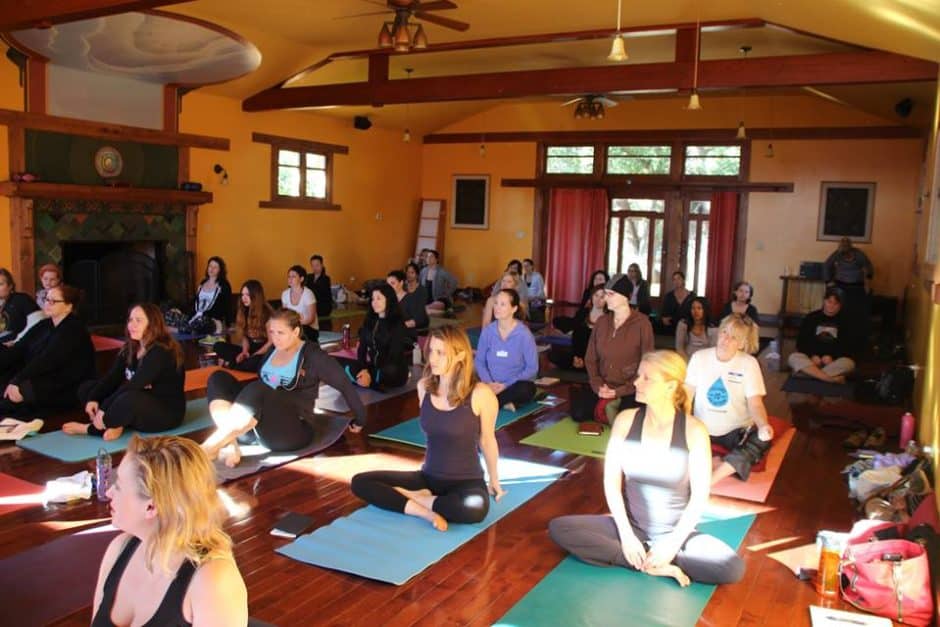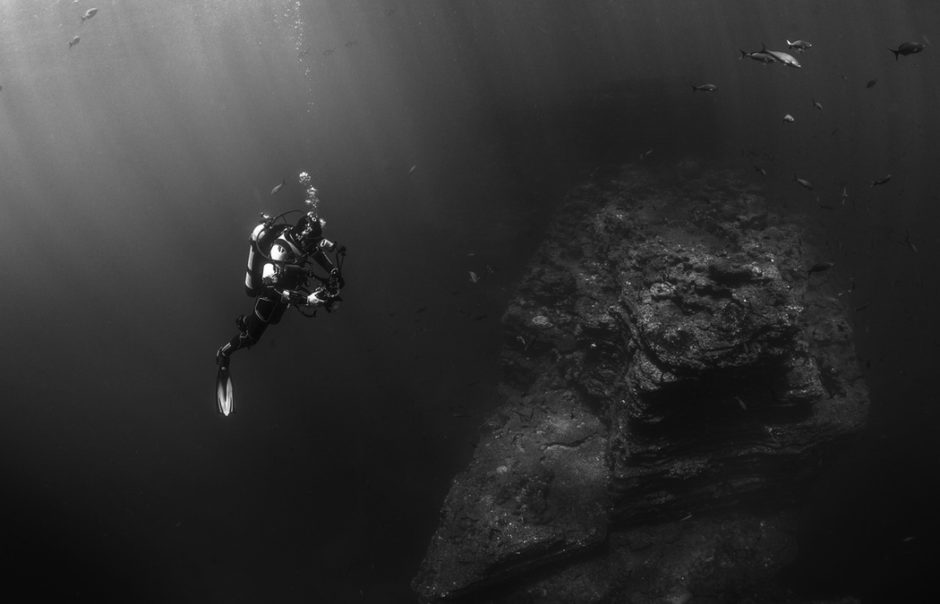CW: This essay discusses miscarriage.
By Sami Peil
It was 8:52 on a Wednesday morning. Wednesday, December 11, 2013 was the first time I heard her heartbeat. Seeing her tiny heart beating as she wiggled around was the biggest relief of my life. It was too soon to determine her sex, but I had a guess that we were having a daughter. When I got to my car I burst into tears—thankful, prayerful tears of relief and love and joy. I hadn’t realized that I was so worried until after. Baby had just been hiding when the doctor couldn’t find the heartbeat two days before.
Since that day exactly one year ago, I have looked at my little girl’s picture every morning. I have the image memorized: At the top it says 12/11/13 8:52 AM 12w5d, and below is the only picture we’ll ever have of our Alaska Eileen—her profile in the grainy grays of the ultrasound. The hospital didn’t offer pictures from the scan 19 days later when we discovered, on the same black and white screen, that our baby had died. No heartbeat. We waited three weeks for the pathology report that confirmed my feeling that she was a girl and left us with no answers about why she died. We received her ashes a few days later. Continue Reading…












